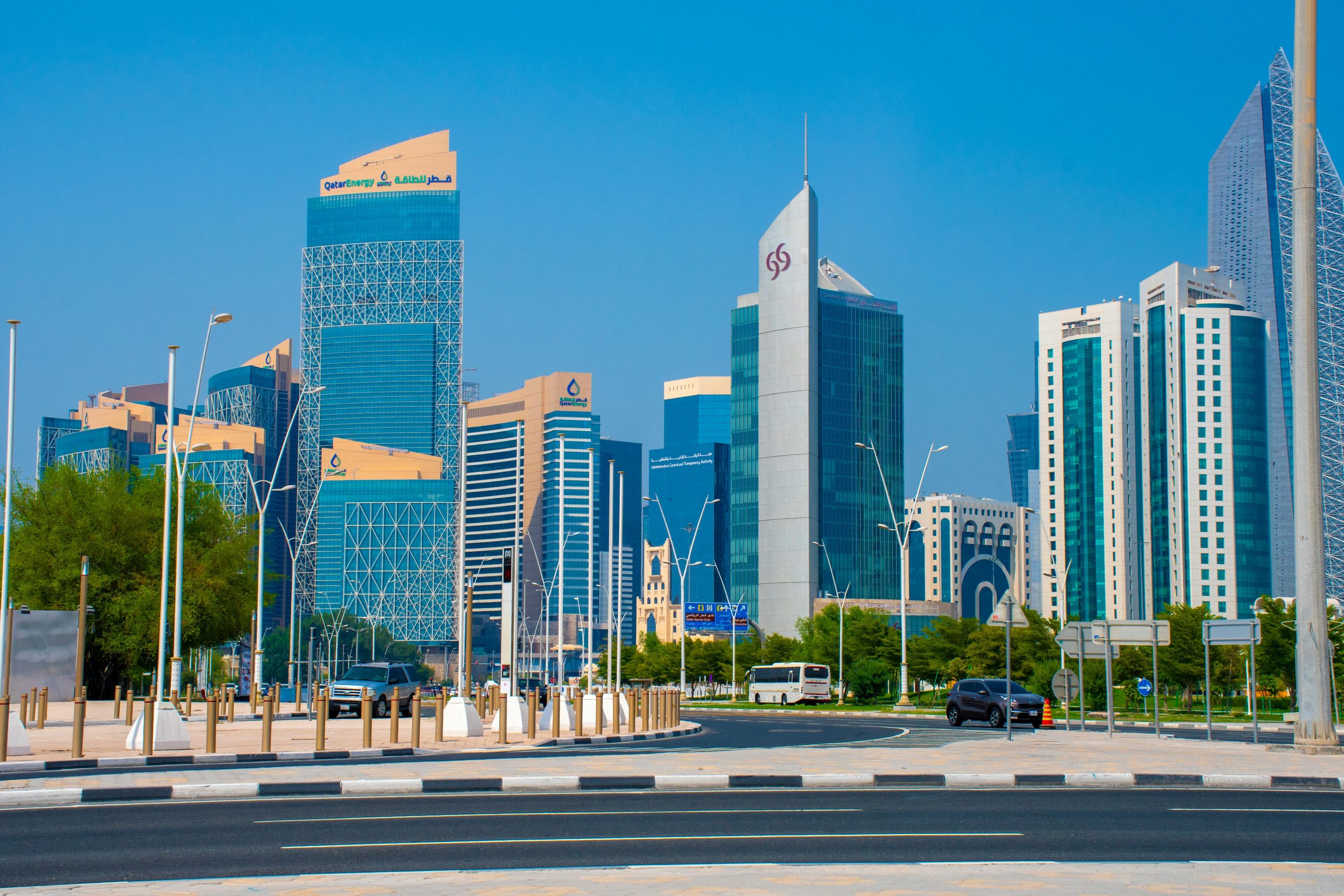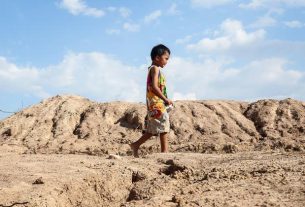Human Rights Watch (HRW) has urged the Qatari government to halt what it describes as decades-long, state-led discrimination against the country’s Baha’i community. In a statement released Sunday, the organization condemned the ongoing marginalization, deportations, and legal harassment targeting members of the religious minority.
“The Baha’i community of Qatar has endured decades of government discrimination and intimidation, and authorities have consistently ignored community leaders’ repeated efforts to engage the government in dialogue and seek redress,” said Michael Page, Deputy Middle East Director at HRW. “This state-sponsored discrimination poses a threat to the very existence of the Baha’i community of Qatar.”
According to HRW, at least 14 Baha’is have been deported from Qatar between 2003 and 2025. The rights group stated that many of those targeted have suffered job loss, financial instability, and separation from their families—effects HRW attributes directly to discriminatory state policies.
The organization argues that these actions constitute violations of Article 18 of the International Covenant on Civil and Political Rights (ICCPR), which protects freedom of religion. HRW also cited the Universal Declaration on the Elimination of All Forms of Intolerance and of Discrimination Based on Religion or Belief. Qatar is a signatory to the ICCPR and, therefore, legally obligated to uphold the rights outlined within it.
The call from HRW comes in the wake of the recent arrest and detention of Remy Rowhani, the chair of the National Spiritual Assembly of the Baha’is of Qatar—the administrative body responsible for coordinating the affairs of the community. Rowhani was reportedly charged under Article 8 of Qatar’s 2014 Cybercrime Prevention Law for sharing content online deemed to violate the privacy of individuals. However, HRW stated that Rowhani’s posts on X (formerly Twitter) were limited to celebrations of Qatari national holidays and expressions of Baha’i values.
This latest development has drawn comparisons to the situation in Iran, where Baha’is have long been subjected to systemic persecution. UN experts last year voiced concern about the targeting of Baha’i women in Iran, highlighting their exclusion from higher education and public employment due solely to their faith. A 2019 report by the UN Special Rapporteur on human rights in Iran described the treatment of Baha’is as involving “the most egregious forms of repression, persecution and victimization” over the past 40 years, with Baha’is labeled “unprotected infidels” and at risk of being killed with impunity.
HRW has called on Qatar to end its discriminatory practices and to respect the rights of religious minorities, warning that continued repression threatens the very survival of the Baha’i community within its borders.
Excerpts sourced from a JURIST article by Divyabharthi Baradhan.
Qatar-Skyline-Pexels-Picture-by-M-MKhalifa



